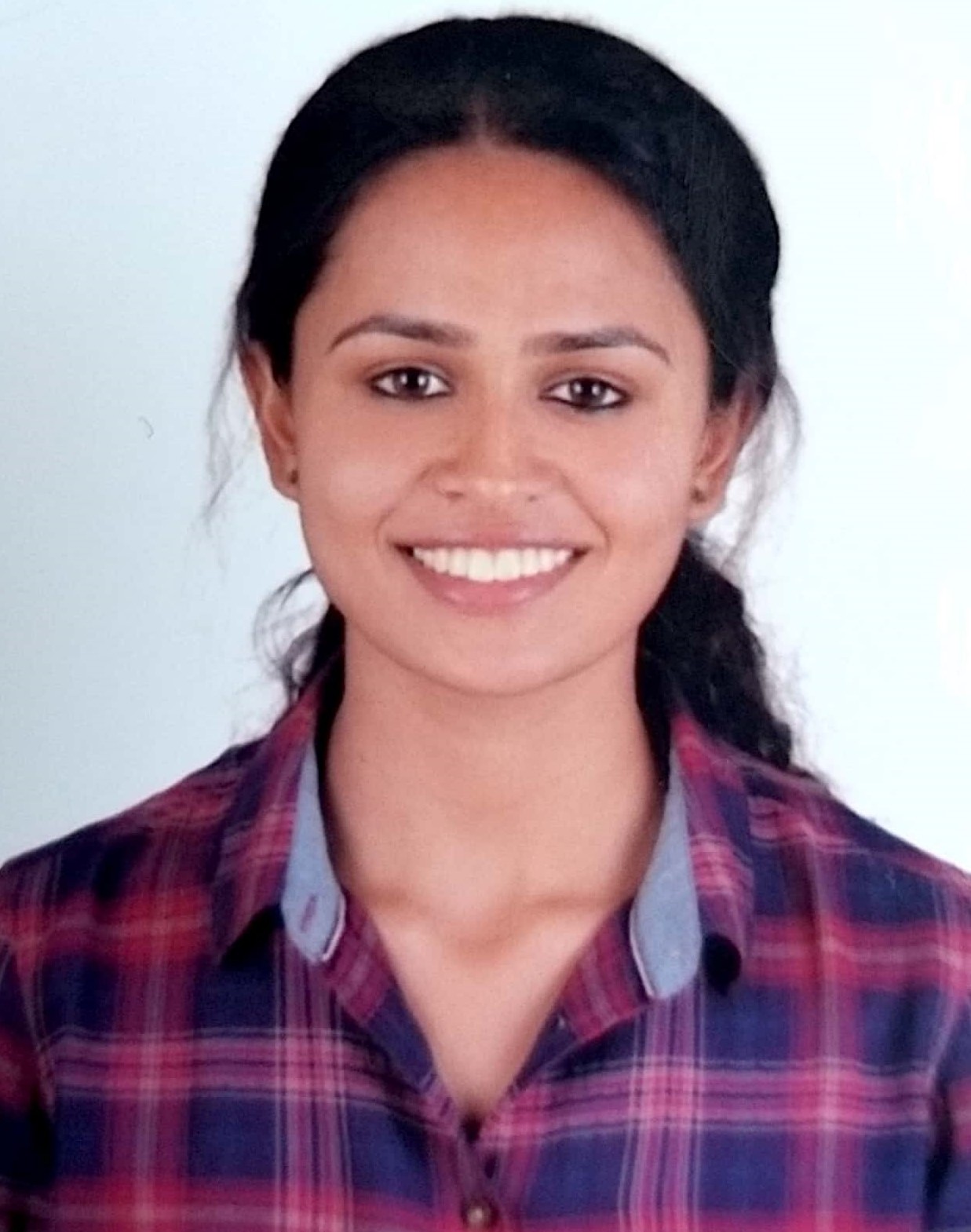Conflict Alerts # 10, 31 August 2019
 Abigail Miriam FernandezÂ
Abigail Miriam Fernandez In the news
After reaching a bilateral agreement, Bangladesh and Myanmar were to start repatriating Rohingya refugees back to Myanmar's Rakhine state on 22 August 2019. However, the Cox Bazar refugee camp in Bangladesh strongly resisted this move with not even a single one coming to board the buses and trucks that were lined up to take them across the border. Many refugees fled and went into hiding because of the fear that they would be forced to go back.
This effort is the second time in less than a year that the government plans has failed when it comes to the repatriation of these refugees.
Abul Kalam, Refugee Relief and Repatriation Commissioner for Bangladesh stated that Myanmar had cleared 3450 people to return. He also further stated that they could return up to 300 people per day with all infrastructure and logistics in place to ensure safe repreparation. The UN Refugee Agency (UNHCR) assisting Dhaka in the return process assessed the readiness of those on the list to go back, UNHCR's Senior Regional Public Information Officer Caroline Gluck stated that the refugees had the right to decide without any pressure. The Agency went on to further state that not a single Rohingya refugee interviewed showed a willingness to repatriate any time soon and they when on to reiterated their demand for citizenship before repatriation.
Issues at large
The issue dates back to 25 August 2017, when Rohingya militants attacked police posts causing harm and death to several officers. This led to the authorities burning down villages, civilian attacks and many other atrocities. The United Nations stated that it was a "textbook example" of ethnic cleansing and the Rohingyas' call it a "Genocide Remembrance Day". This caused about 750000 to flee their native state and move into parts of Bangladesh and India.
Bangladesh earlier this year said that it could no longer accept any more refugees as it was becoming a burden for them. In January 2018, a repatriation deal was signed, however, it failed to materialize because once again the Myanmar government has denied the demands if the Rohingyas' which is their demand for integrated citizenships as well as the return of lands, and for military leaders to be held accountable for abuses. Myanmar has offered to allow the Rohingya, freedom of movement if they accept a national ID card called the Rohingya National Verification Cards (NVCs), which Rohingya believe would mean accepting their status as illegal immigrants.
Adding to the unstable conditions is ongoing fighting between Rakhine rebels, the Arakan Army and the Myanmar military and the suspicion between Dhaka and Naypyidaw.
In perspective
The repatriation process has been unsuccessful solely because of Myanmar's failure to reach an agreement with the refugees themselves, there have been no evident changes that the government of Myanmar has taken to convince the people to come back to their state. Unless a conducive environment is created where the Rohingyas have their fundamental rights and basic needs guaranteed any repatriation process would remain unsuccessful. Thus, there needs to be adequate measure by Myanmar to see that the demands of the refugees are met.
The international community and institutions that have been a part of this crisis should continue to exert pressure on Myanmar to see that the UN and aid workers, as well as representatives of the Rohingya refugees, are allowed to go to Rakhine and examine the issue so that measure could be taken to solve the problem. Countries like China and Bangladesh that have an impact on Myanmar should continue to ensure that Myanmar is doing everything in their capacity to ensure safe repatriation. However, at the same time precaution should be taken for big power involvement could do more harm than good.
However, when looking at the situation and the stances that are held presently there seems to be an uncertainty about whether if the Rohingyas will return to a changed Myanmar, being left without any promising measure the stateless community may only face graver problems.
Abigail Miriam Fernandez is pursuing post-graduation in Stella Maris College, Chennai. She can be reached at fernandezabigail123@gmail.